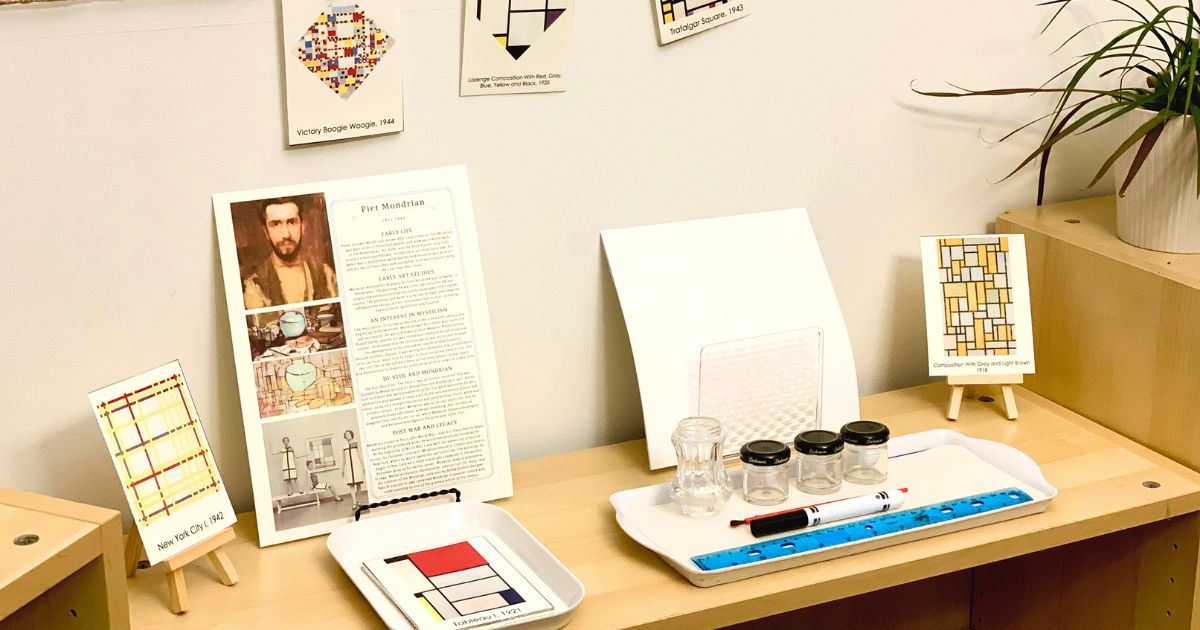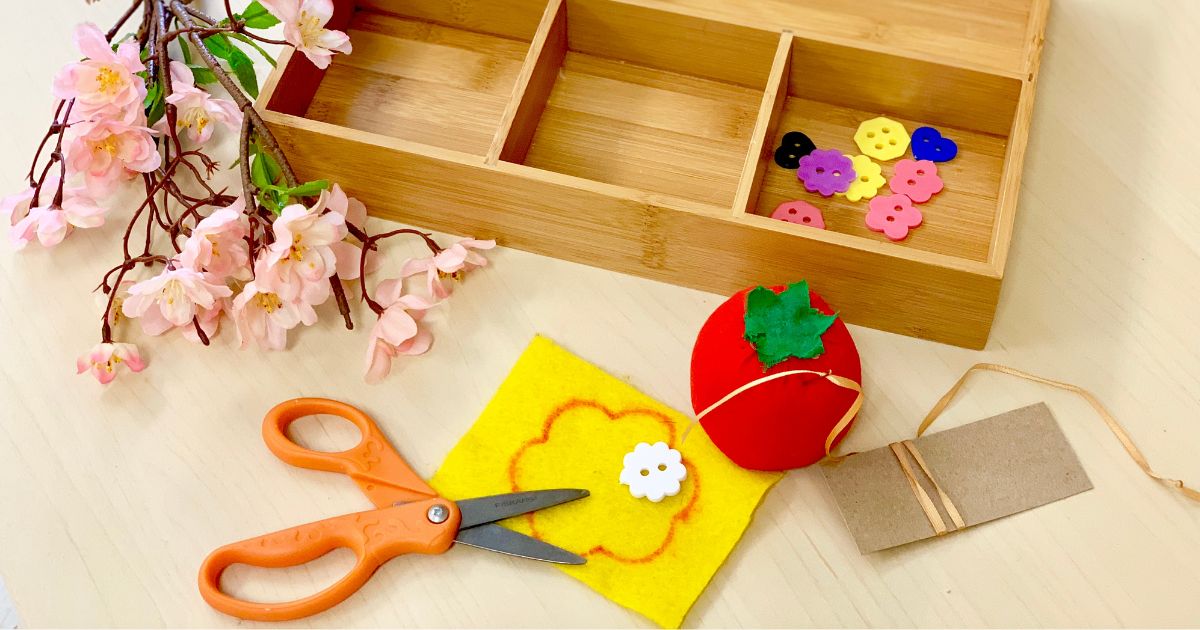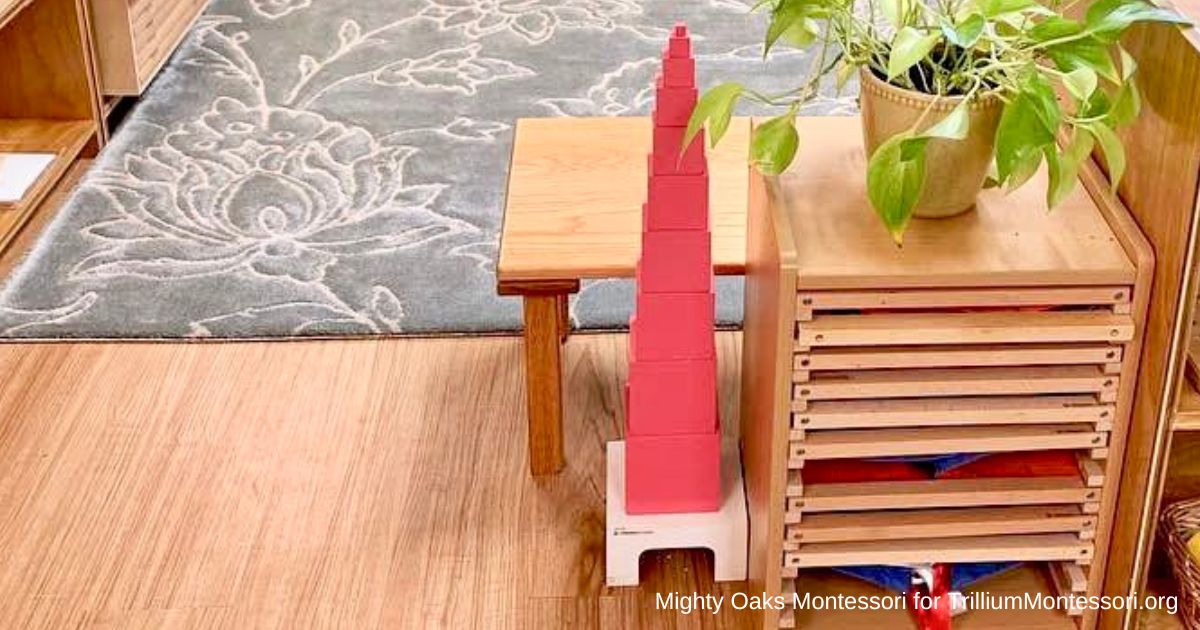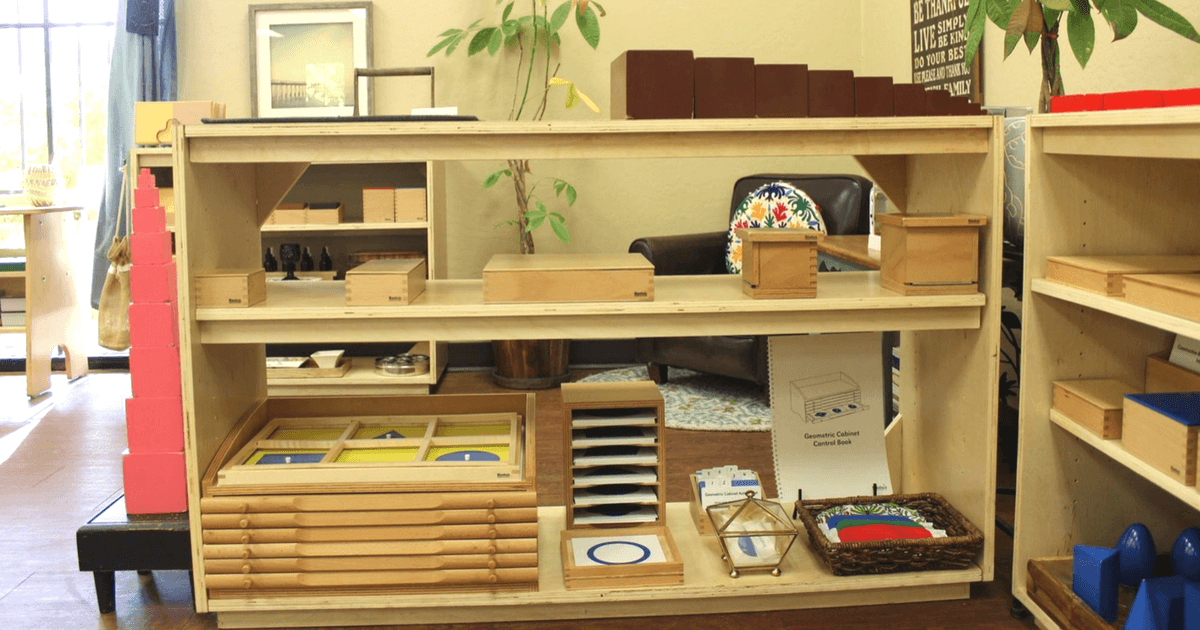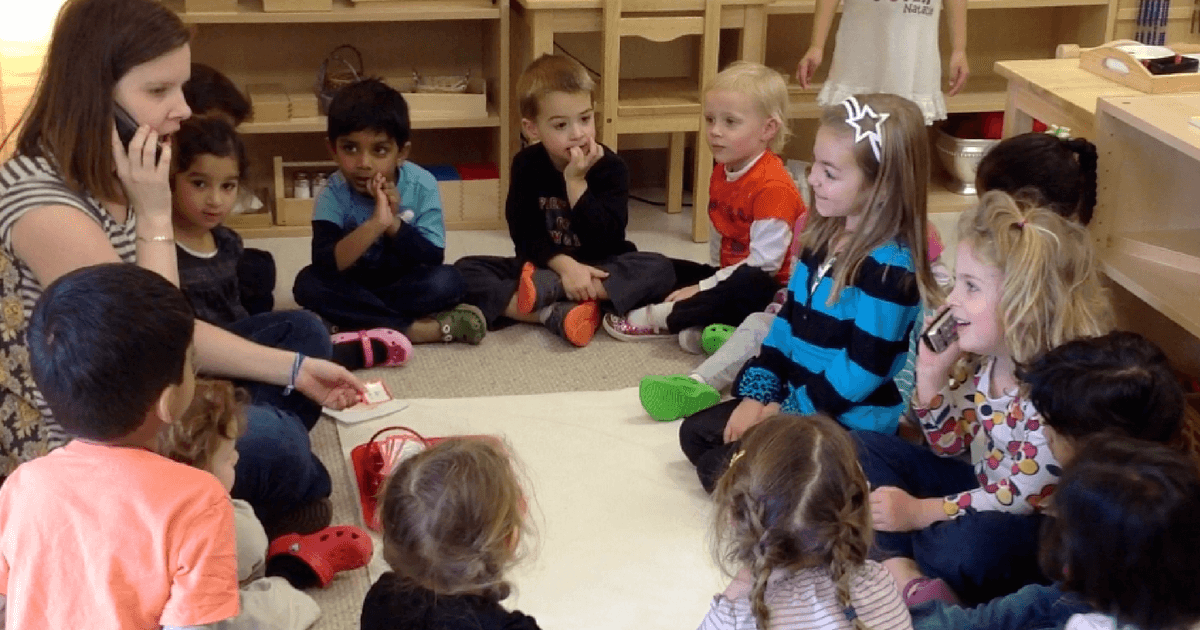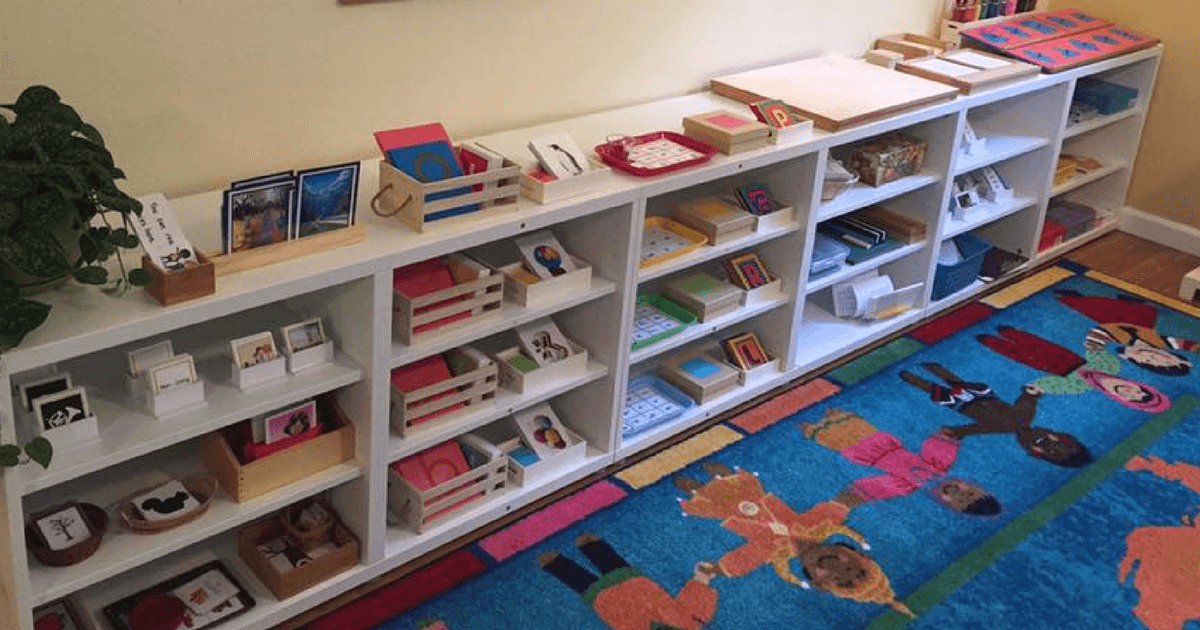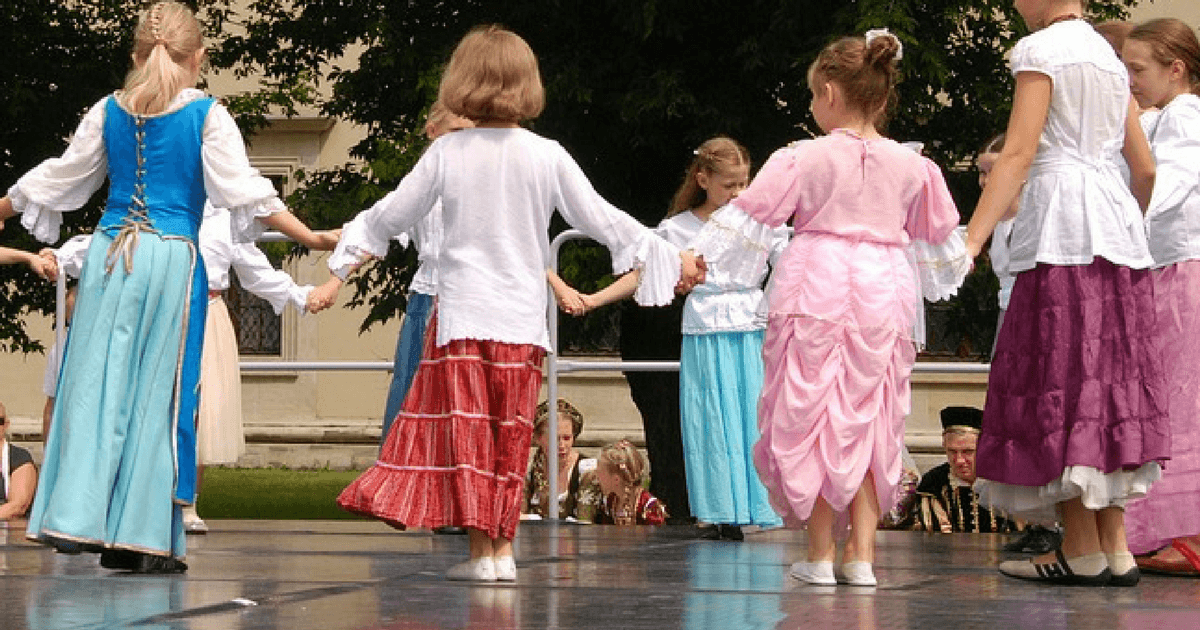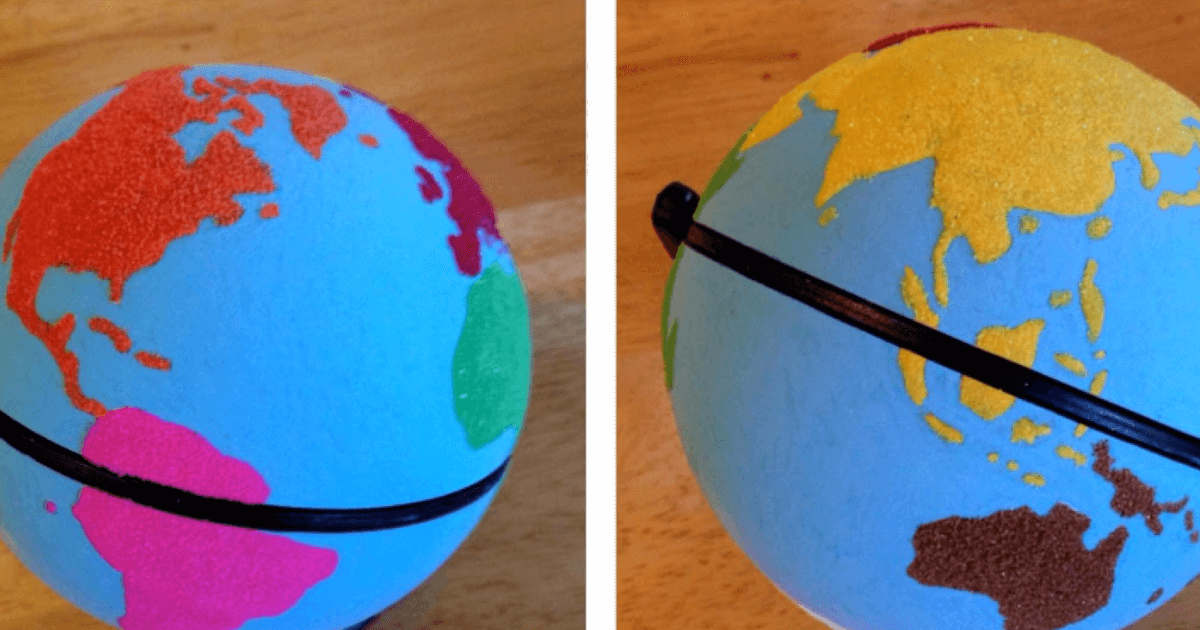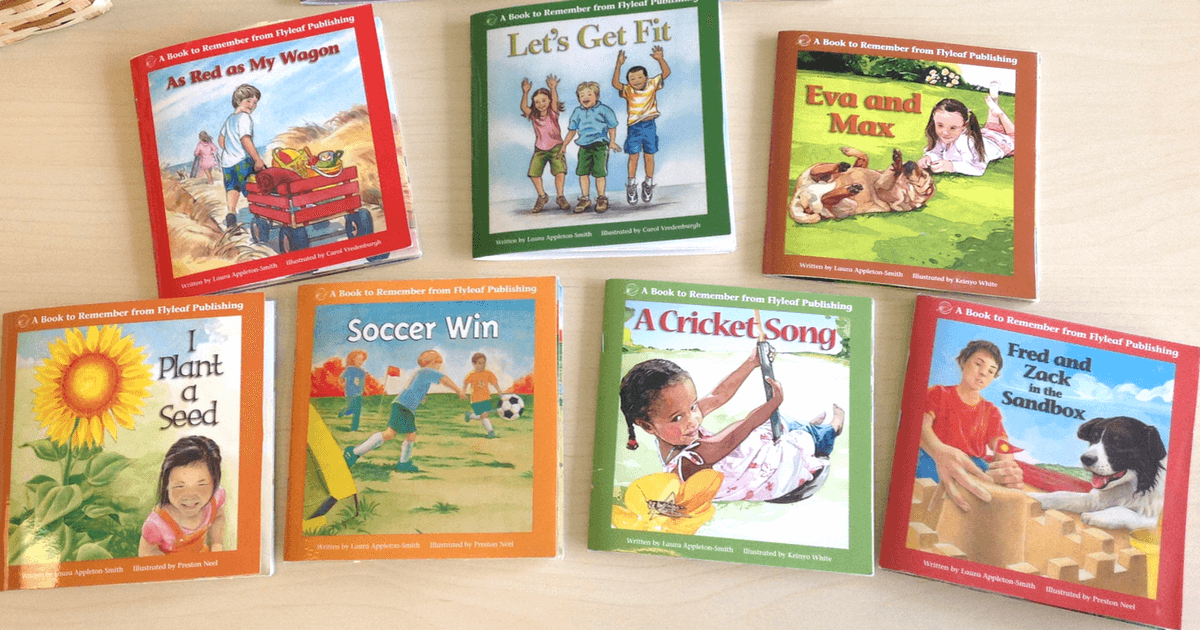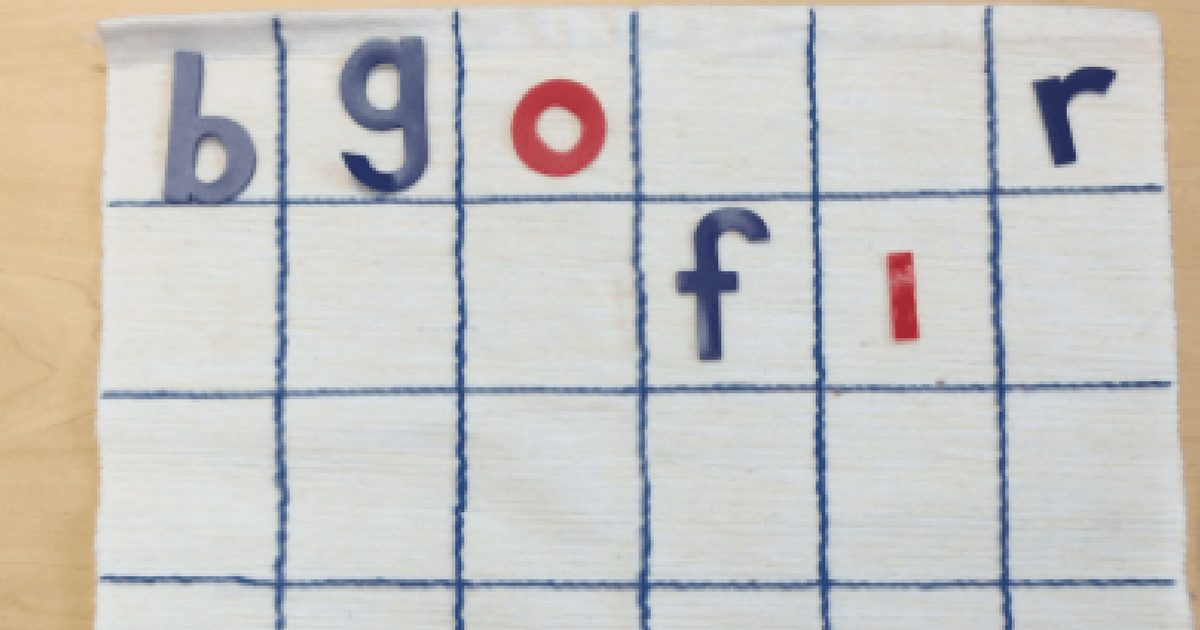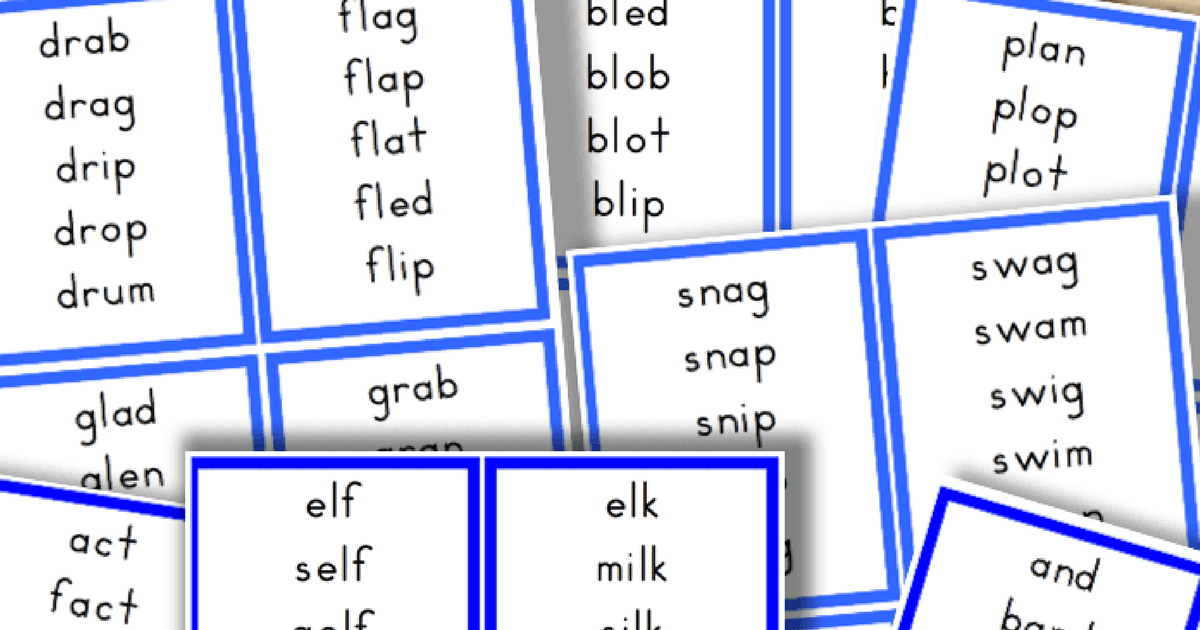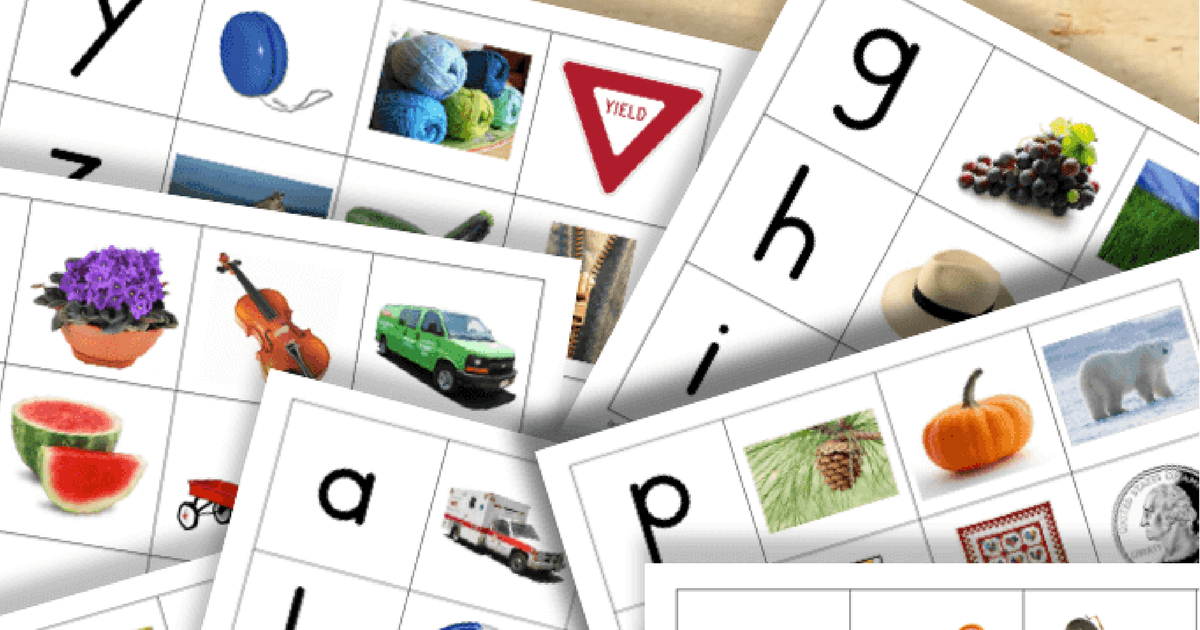The Montessori curriculum for early childhood is designed to foster independent learning, curiosity, and the development of fundamental skills across a range of areas. Recognized worldwide for its unique approach to education, Montessori schools emphasize hands-on learning, self-directed activity, and collaborative play. As a parent or educator, understanding the five core areas of the Montessori curriculum will help you appreciate the breadth and depth of experience it offers young children.
In the Montessori classroom, you’ll notice the environment is carefully prepared to allow children to freely engage with various educational materials. The early childhood classroom typically has five major curriculum areas: Practical Life, Sensorial, Math, Language, and Cultural (or science and geography). You will also often find separate areas for the Art and Music & Movement, as well as an outdoor space.
Montessori Curriculum: Practical Life

Practical Life activities help children develop daily life skills such as refining their motor skills and caring for themselves and their surroundings.
Montessori Curriculum: Sensorial
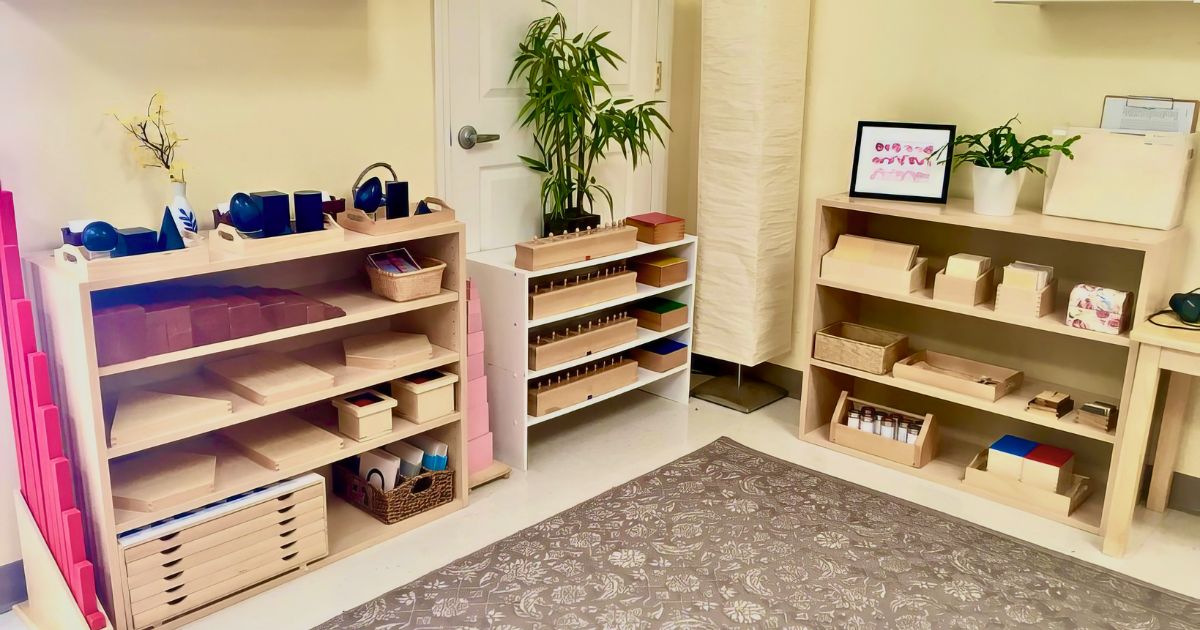
With the unique Montessori Sensorial materials, children work on such skills as visual and auditory discrimination which are necessary for future academic work.
Montessori Curriculum: Mathematics

The remarkable Montessori math materials not only teach basic counting skills but bring such abstract concepts as the decimal system, squaring, cubing, and geometry into the realm of the preschool mind.
Montessori Curriculum: Language

The Montessori language curriculum uses a systematic approach to writing and reading that feeds the child’s innate excitement for and desire to communicate.
Montessori Curriculum: Cultural/Cosmic

The science and geography activities that a child finds in a Montessori classroom are designed to “put the world in the palm of his hand”. Children work with maps, learn about various cultures around the world, celebrate similarities and differences, and ponder the beauty of the natural world.
Art

The Montessori environment offers children numerous opportunities to explore artistic expression and develop art skills.
Music and Movement

Gross motor development opportunities are provided daily both as part of a structured program and individual free choice throughout the day. Informal and formal music education occurs through daily singing, playing a variety of music CDs, introduction to instruments, exploration of sound etc.

Latest Posts
Seemi holds a Master's degree in education, and an AMS Early Childhood credential. She has twenty years of experience in Montessori as a teacher, school administrator, and school owner. Seemi is the founder of TrilliumMontessori.org.

